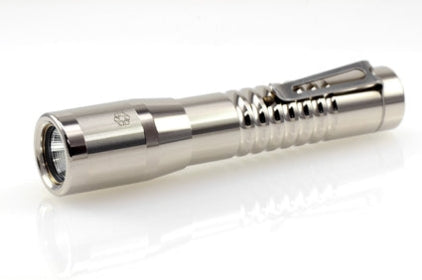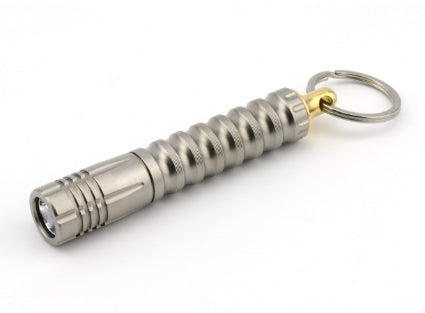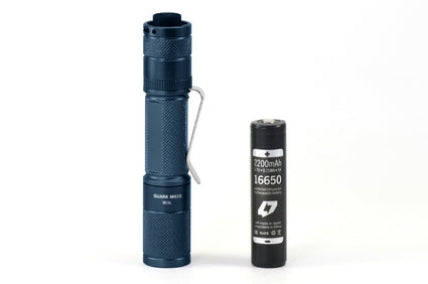Rechargeable batteries are something of an enigma. We (the consumers) have accepted almost without question the pervasion of rechargeable technology in our most-used devices, namely cell phones and laptops. We love our USB chargers. We covet the airport USB charging stations.
But for devices requiring AA, AAA, 9 Volt -- basically any battery that comes in disposable form -- consumers are still opting for disposable. Just look at the impulse buy rack at any big box store. Disposable batteries. Lots of them. And according to market research firm Packaged Facts disposable batteries account for more than half of household battery sales.
The future is bright, however. The rechargeable battery industry is fast-growing and on pace to overtake disposables within the next decade. You can thank improved technology/chemistry in rechargeable batteries (also known as "secondary" batteries) and increased awareness of the detrimental impact disposables have on the environmental.
As a "hell yeah" to the positive forecast for rechargeable batteries we've listed a few reasons why we think rechargeable batteries are worth it.
-
They last longer. Sure, it seems kind of obvious. But according to Interstate Batteries, storage batteries can last up to five times longer on a single charge than disposable batteries last their lifetime. Talk about getting way more bang for your buck. Think of this: a NiMH rechargeable batteries can be used and recharged 1000 times. That same battery has a single charge 3-5x greater than its disposable counterpart.
-
They’re eco-friendly. Disposable batteries end up in landfills, where they release mercury and other harmful materials into the soil and waterways. Since rechargeable batteries are made with nickel or lithium, they’re easily recyclable, unlike alkaline batteries. When you use rechargeable batteries, you’re doing your part to help reduce the amount of hazardous chemicals that leech into the environment.
Not only that, you're reducing demand for the minerals and resources needed to produce new batteries. Double win.
-
They work in just about every device -- and are more device-friendly. From digital cameras to video game controllers and flashlights, rechargeable batteries work in any device that takes a battery, like the Beta-QR. Rechargeable batteries are to electronic devices what LED light bulbs are to lighting fixtures. Easily swappable. Vastly superior.
Disposable alkaline batteries also leak potassium hydroxide, a pretty potent irritant. Granted, that potassium hydroxide becomes a rather harmless potassium chloride once it reacts with the carbon dioxide in the air, but the resultant white cake-like residue does no favors for your device -- or its performance.
- The technology is much improved. As mentioned, the top AA rechargeable batteries on the market can hold over 3-5x the capacity of a disposable in a single charge. Life cycles (the number of times a battery can be recharged before capacity degrades) has vastly improved -- it's pretty common to see a life cycle of 1,000 these days. Cost to recharge is nominal. And top rechargeable brands don't have the self-discharge issues that plagued their predecessors, a key feature when the power goes out and you're using that flashlight for the first time in while.
It's important to note that the full benefits of rechargeable batteries can only be realized by proper use, which I'll cover in a future post.
Still not convinced? Or maybe you're just waiting for AA batteries with USB ports and wireless charging stations...
Tell us how you feel about rechargeable batteries in the space below. And don't forget to play Guess That Gif by naming the movie -- an easy one to kick things off.
Thanks for reading!







